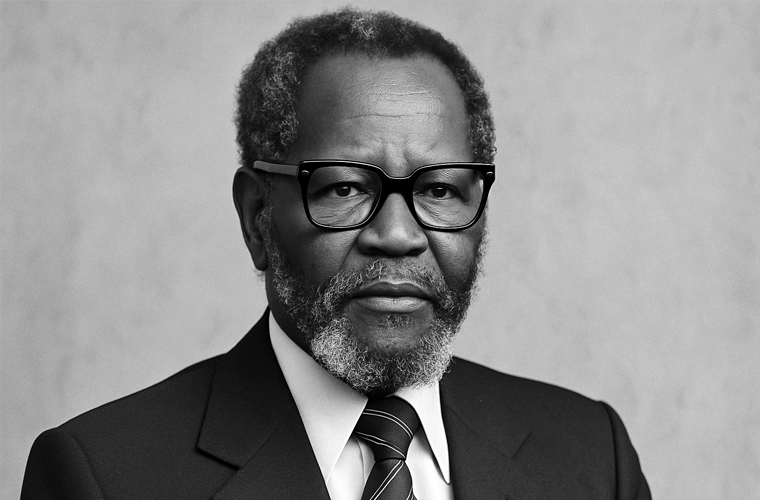Oliver Tambo (October 27, 1917, Bizana, Pondoland district, Transkei [now Eastern Cape], South Africa—April 24, 1993, Johannesburg) was president of the African National Congress (ANC) from 1967 to 1991, leading the Black-nationalist organization through a critical period, including over 30 years in exile (1960–90).
Born in a Transkei village to subsistence farmers, Tambo was educated at Anglican and Methodist mission schools and earned a B.S. from the University of Fort Hare in 1941. He later studied law and, in 1944, co-founded the ANC Youth League with Nelson Mandela and others, reinvigorating the ANC during a stagnant period. After briefly teaching mathematics and science in Johannesburg, Tambo devoted himself to nationalist politics and legal work, rising in the ANC’s ranks. In 1952, he and Mandela established South Africa’s first Black law firm. Arrested for treason in 1956, Tambo was released in 1957 and became the deputy president of the ANC in 1958.
Following the Sharpeville massacre in 1960, the South African government banned the ANC, prompting Tambo to leave the country to establish its foreign headquarters, eventually based in Lusaka, Zambia. In 1965, he set up an ANC guerrilla training camp in Morogoro, Tanzania. After Albert Luthuli died in 1967, Tambo became the acting president, officially assuming the role in 1969. His greatest achievement was maintaining the ANC’s unity during exile, skillfully lobbying globally and recruiting talented exiles like Thabo Mbeki, establishing the ANC as the legitimate voice of Black South Africans. In the late 1970s and 1980s, the ANC, under Tambo’s leadership, drove mass political movements in South Africa. By the mid-1980s, as apartheid weakened, business leaders and politicians met Tambo’s team in Lusaka, enhancing the ANC’s influence.
The ANC’s unbanning by President F.W. de Klerk in February 1990 allowed Tambo to return to South Africa on December 13, 1990. He attended the ANC’s first major conference in over 30 years, which included exiles and former prisoners, and contributed to negotiations for South Africa’s democratic constitution. Due to health issues from a prior stroke, Tambo stepped down as ANC president in 1991, passing the role to Mandela and taking the honorary position of national chairman. Tambo’s efforts were instrumental in the ANC’s 1994 election victory, alongside Mandela’s contributions.

